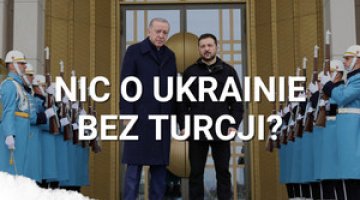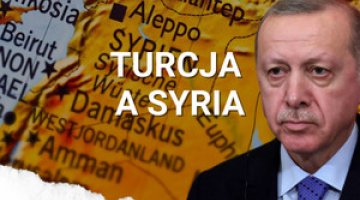A snap election in Turkey in the shadow of an emergency state
Talks to form a coalition government following the June election in Turkey have failed. On 28 August an interim government was established, which will rule until a government is formed following the snap elections planned for 1 November. The interim government is led by the present prime minister Ahmet Davutoğlu, and is mainly composed of Justice and Development Party (AKP) members, independent politicians and bureaucrats as well as representatives of the remaining parliamentary parties, as stipulated by the constitution: two European affairs and development ministers from the Kurdish People’s Democratic Party (HDP) and one minister (a deputy prime minister) from the Nationalist Movement Party (MHP) who has ignored his party’s decision to stay out of the government. The Republican People’s Party (CHP) has decided not to enter the cabinet.
The interim government has started work against the background of an anti-terrorist campaign launched by Turkey at the end of July, which has involved military operations targeted principally at the Kurdistan Workers’ Party (PKK) and to a lesser degree at the Islamic State (although the government has announced it will step up measures against the jihadists, including joining US airstrikes). The campaign consists of airstrikes on PKK targets in Iraq and attempts to pacify the organisation in Turkey. According to media reports, these actions have claimed the lives of almost a thousand Kurds. A state of emergency has been declared in large areas of south-eastern Turkey. Attacks against the Turkish forces are being carried out by the Kurdish guerillas on an almost daily basis. Many political rivals have accused the AKP of provoking war in order to improve the party’s results in the snap elections.
Commentary
- The decision to hold the election stems from the AKP’s objective difficulty in forming a coalition with the opposition parties (due to ideological divergences and an extreme lack of mutual trust), but above all from its desire to regain full power following the unsatisfactory results of the June election. To this end, the AKP will seek to marginalise the Kurdish HDP and to win over the nationalist vote by intensifying the conflict with the PKK and identifying the HDP with the terrorists. It remains an open question whether this strategy will prove successful. To date the anti-terrorist campaign has not improved the AKP’s position in opinion polls, nor has it brought about a fall in support for the HDP. An intensification of the fight with the PKK and the stigmatisation of the HDP can therefore be expected, as well as attempts to consolidate voters around the fight against the Islamic State. On 28 August Turkey resumed air strikes on Islamic State targets in Syria, and announced that Turkish air forces would join the antiterrorist campaign led by the US.
- Due to the AKP’s domination in the interim government and the party’s control over the state administration, the new government will be an instrument in the policy pursued by the present ruling camp of winning the election. However, because there are two Kurdish ministers in the government, it will become another arena for political struggle between the AKP and the Kurds.
- In the coming months the instability in Turkey will likely increase. A further escalation in the struggle between government forces and the PKK may be expected. It cannot be ruled out that the conflict with the Islamic State will escalate, and internal social and political tensions will mount.





